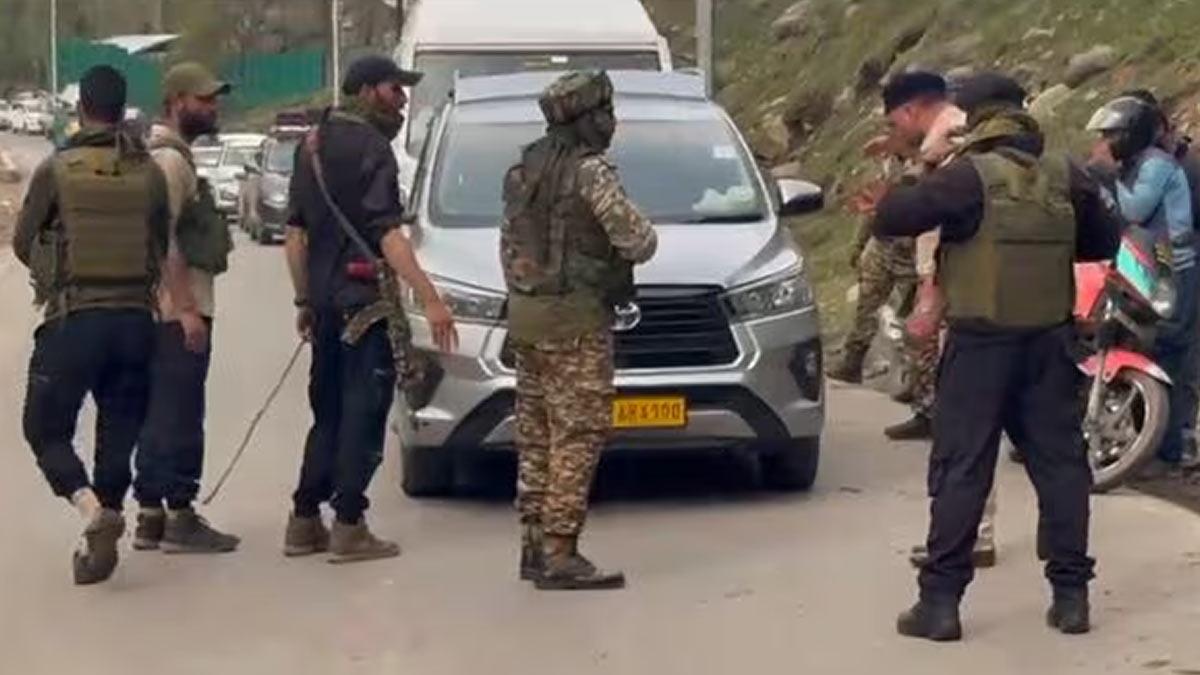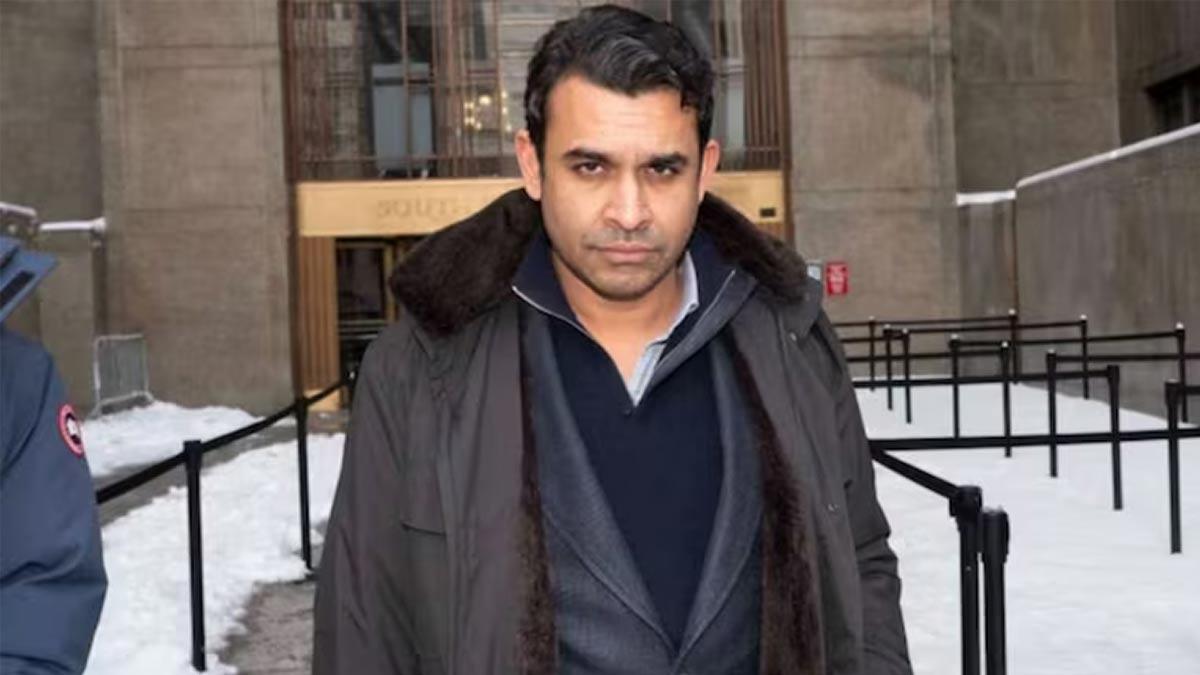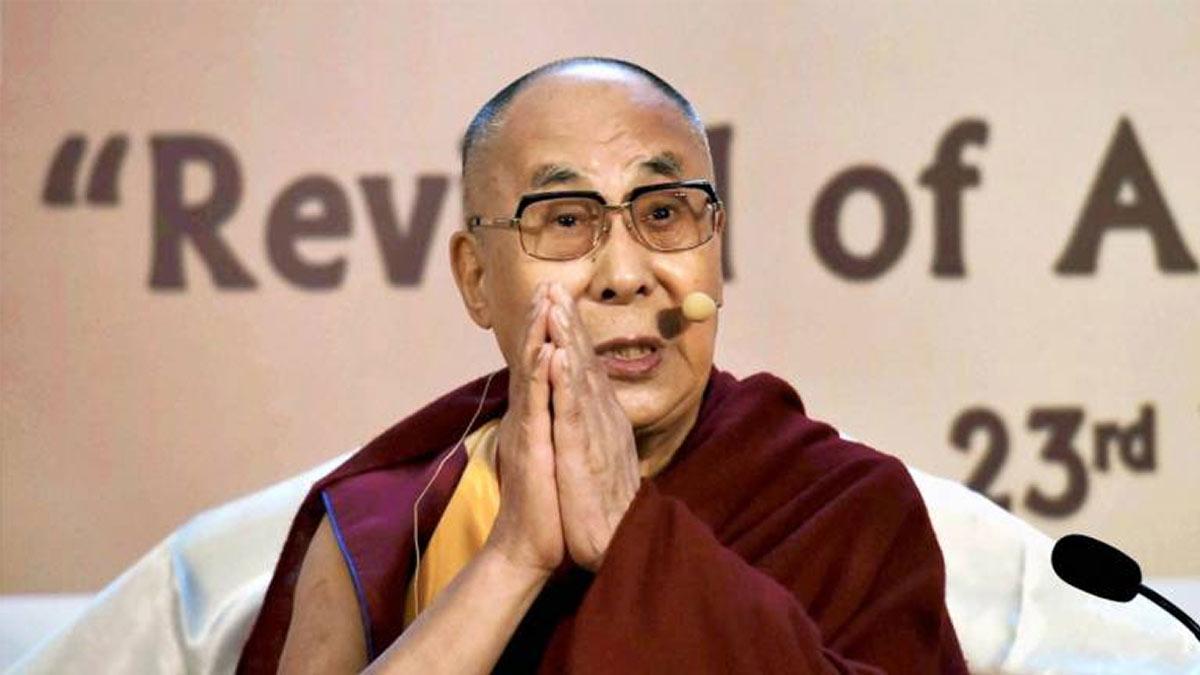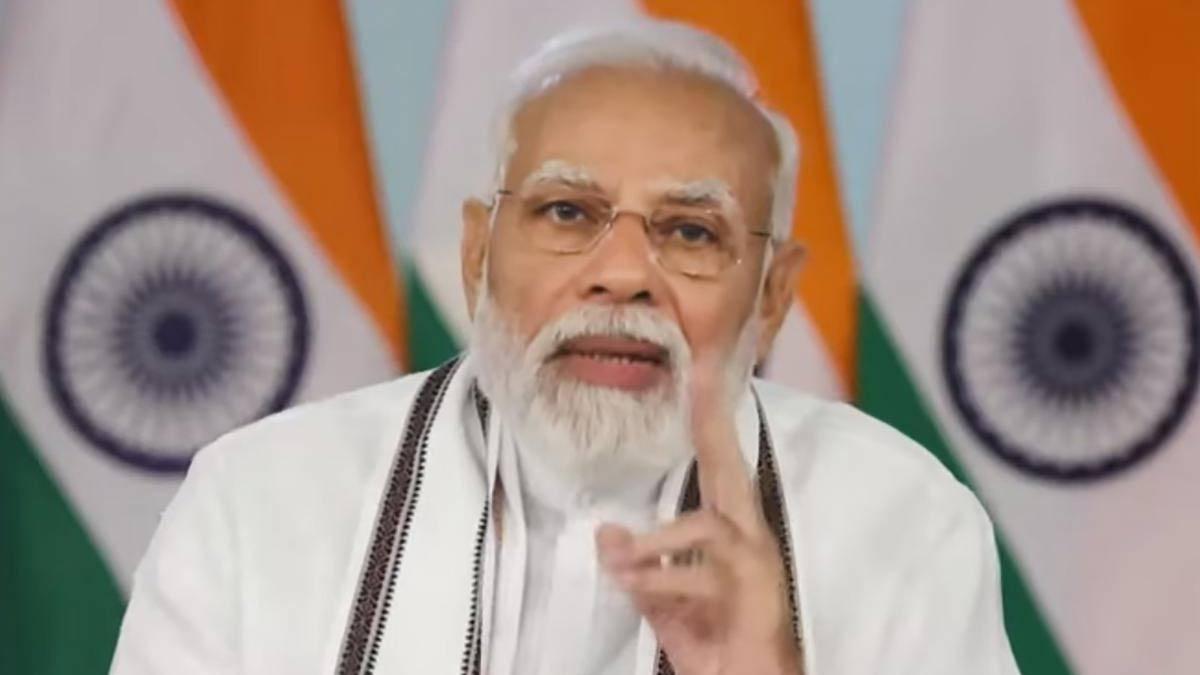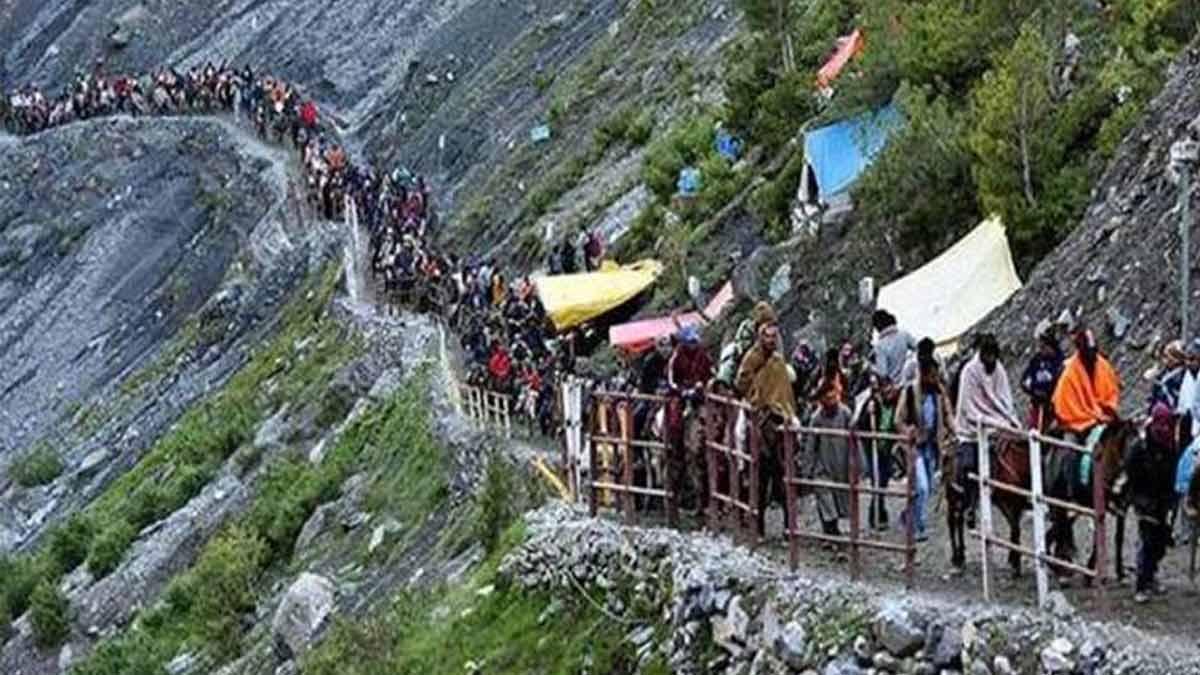In a firm diplomatic move after the horrific terror attack at Pahalgam, Jammu and Kashmir, India on Wednesday, India called up Pakistan's highest diplomat in New Delhi, Saad Ahmad Warraich, and served a formal Persona Non Grata notice regarding all Pakistani defence attachés, sources informed.
This rapid escalation follows the indiscriminate killing of 26 people during the recent terrorist attack, denounced by Prime Minister Narendra Modi as a "cowardly attack on innocent civilians."
The government attributes the attack to The Resistance Front, a terror group suspected to be operating from Pakistan. India has responded by initiating a series of hard measures against Pakistan's diplomatic and strategic ties.
Prime Minister Modi led a key meeting of the Cabinet Committee on Security (CCS) on Wednesday, which lasted two hours. It was attended by senior officials such as Home Minister Amit Shah, Defence Minister Rajnath Singh, and External Affairs Minister S. Jaishankar.
Following the meeting, the Ministry of External Affairs (MEA) drew up a detailed set of steps aimed at diplomatically, economically, and militarily isolating Pakistan.
In connection with this, India has declared that Pakistan's Defence, Military, Naval, and Air advisors at its High Commission in New Delhi are Persona Non Grata. These individuals have been required to leave Indian soil within a span of seven days. As a retort, India also will withdraw its own Defence, Navy, and Air advisors at its High Commission in Islamabad and five attendant staff members from each country.
In a first of its kind historical action, India suspended the Indus Waters Treaty of 1960, stating that the suspension will remain in effect until Pakistan demonstrates tangible action against the utilization of its soil for cross-border terrorism.
Continuing to escalate the standoff, India has declared closure of the Integrated Check Post (ICP) at Attari—a key overland transit point between the two countries. Pakistani nationals already present in India holding valid travel documents have been requested to leave for their country through the ICP by May 1, 2025. From that date onwards, all cross-border overland movement between the countries will be closed indefinitely.
Yet another policy shift is India's withdrawal of the SAARC Visa Exemption Scheme (SVES) privileges to Pakistani citizens. All SVES visas have been canceled, and Pakistani citizens in India under this scheme have been told to depart from India within 48 hours.
Furthermore, both Pakistan and India have pledged to reduce the number of respective High Commission staff from 55 to 30 by May 1 as part of concerted efforts to limit diplomatic contact and minimize contact.
In view of the continously looming security threats, the CCS has directed Indian defense and intelligence wings to be at maximum alert. Operations have been intensified by the National Investigation Agency (NIA), with a fresh team already dispatched to investigate and pursue the perpetrators of the Pahalgam carnage.
India reiterated its clear policy of zero tolerance for terrorism, vowing to prosecute the perpetrators as well as their facilitators. The officials pointed to India's continued efforts to collaborate with international partners in pursuing and extraditing anti-India terrorism suspects, noting the instance of Tahawwur Rana as an example of continued success in doing so.
Read also| Pahalgam Attack: Sketches of 3 Suspected Terrorists Released
Read also| After Pahalgam Terror Attack, Western Army Commander Assesses Troop Readiness in Kathua

